A little bleeding and swelling after hair transplantation is normal. Conclusion Hair transplant infection is a very common complication of hair transplantation.

Donor Area Infection After Hair Transplantation Tecnifue
Their belief stems from the fact that there is an over-use of antibiotics in general and so that they should be given only after an infection occurs.

. Antibiotics Use After Hair Transplant. In general infection will not affect the overall results of a hair restoration surgery so long as it is caught early and the grafts and follicles remain intact. Signs of Infection After Hair Transplant Surgery Common.
This ensures further protection. The risk of hair transplant infection is an inherent fear that comes with any procedures. Antibiotics are normally prescribed to patients after hair transplant for a period of 5 days.
An infection after a hair transplant may have two leading causes. Thankfully it can be addressed with antibiotics should it happen. If you stop taking antibiotics too early the infection could return.
Most doctors do prescribe preventative antiobiotics but some believe that no antibiotic is needed all. These physicians state that there is no research demonstrating lower rates of infection and better outcomes in hair transplant patients who receive antibiotics versus those that do not. Hair transplant infections are extremely rare occurring in less than 1 of cases.
Do Not Touch the Donor and Recipient Areas. Because antibiotics will be used after the procedure the infection after hair transplant does not develop in large sizes. To minimise the risk of an infection associated with your procedure you should take antibiotics for the first 3 days after your hair transplant.
Although infections are a possible complication of hair transplantation they are relatively rare. Photos I got 2 kind of swollen abscess on my head in transplanted hair area. Whether small or big a piercing or a surgery we find our selves looking for guidance on how to keep the wound clean.
Because there is always a risk of infection in both the recipient and the donor area after the operation. To tend for your wounds use antibacterial serums that contain Polysporin Bacitracin or Aquaphor. We do provide antibiotics to our patients for at least four days after the hair transplant surgery and a dose of antibiotics will be given during the surgery as well.
1 pill in the morning and evening. Although infections are a potential complication of hair transplants theyre relatively rare. Lower risk of infections has been reported by treating nasal colonization of Staphylococcus aureus by the application of mupirocin ointment and preoperative shampooing of scalp hair with the use of chlorhexidine gluconatemedicated soap the night before and the morning of surgery.
Other physicians dont believe antibiotics are necessary and do not provide them to patients after hair transplant surgery. Dalacin antibiotic To minimize the risk of an infection associated with your surgery you should take antibiotics the first 3 days after your hair transplant. As for other cutaneous surgery various antibiotics are administered during hair transplantation to minimize complications.
Even though the methods may vary depending on the technique you are going to prefer all include cutting an incision on the operation area. The reason for using antibiotics after hair transplant is to prevent a possible infection. In any scenario dont take antibiotics without a prescription.
Although hair transplant may seem quite an easy practice most people underestimate its complexity. There is some dispute among doctors as to whether antibiotics should be used after hair transplantation surgery to prevent infection. I was wondering if this will cause any damage to the transplanted hair if taken.
They will most likely prescribe antibiotics and may drain the pus. But the use of prophylactic antibiotics to avoid surgical side infection for clean surgical wounds remains controversial. Most infections arent serious but its still a good idea to call your doctor once an infection develops for proper treatment.
I got it checked out by my doctor today and he said it was an abscess and he prescribed me antibiotics and said to see a dermatologist next week. But symptoms that get worse or last more than a week instead of getting better are signs of infection in your body. Symptoms of a hair transplant infection can include.
The probability of infection being very small or superficial is around 2. It usually occurs within 3 weeks of the procedure and is most often seen in males. Infection After Hair Transplant.
6 Antibiotic Ointments. Do you need antibiotics after hair transplant. 1 pill in the morning and evening.
First of all it may be a cosmetic practice but it is still microsurgery. The scalp may feel sore after hair transplant surgery and patients might need medication to ease their discomfort and reduce the likelihood of. Hair transplantation is an application under the skin and in general transplant can develop a very rare infection.
Surgical infections most commonly occur 3 to 7 days after a procedure. Your doctor probably had cultures done and knows the organism that is growing. Infection After Hair Transplant.
Do you need antibiotics after hair transplant. 1 pill in the clinic and 1 tablet in the evening. Can infection affect the results of hair restoration surgery.
The patient got it from poorly sanitized tools or surgery equipment during the surgery. This helps in reducing the risk of getting an infection and promotes faster healing of the scalp. Should you take antibiotics after hair transplant.
On the off chance that it happens infected hair transplant can be treated by taking suitable antimicrobial. Hair transplant hair follicle damage. Redness or discoloration.
Because antibiotics will be used after the procedure the Infection after hair transplant does not develop in large sizes. On the off chance that it happens infected hair transplant can be treated by taking suitable antimicrobial. Most cases resolve without treatment and do not require hospitalization.
You will also be prescribed antibiotics for at least four days after the hair transplant surgery and a dose of antibiotics will be given during the surgery as well. I believe this practice was simply a. With correct care infection can be avoided or treated with antibiotics.
Symptoms of a hair. Most of the time doctors prescribe antibiotics after a hair transplant surgery to prevent an infection. You dont need antibiotics after getting a hair transplant unless youve developed an infection which is extremely unlikely.
Hair Growth Supplements After Hair Transplant.

Post Fue Does Hair Grow Back In Donor Area Hair Sure

Symptoms Treatment Of Hair Transplant Infection Amitis

Infected Hair Transplant Symptoms Causes And Treatment

What Are The Side Effects Of Fue Hair Transplant Tecnifue

Fut Hair Transplant In Turkey Fut Hair Transplant Cost In Turkey
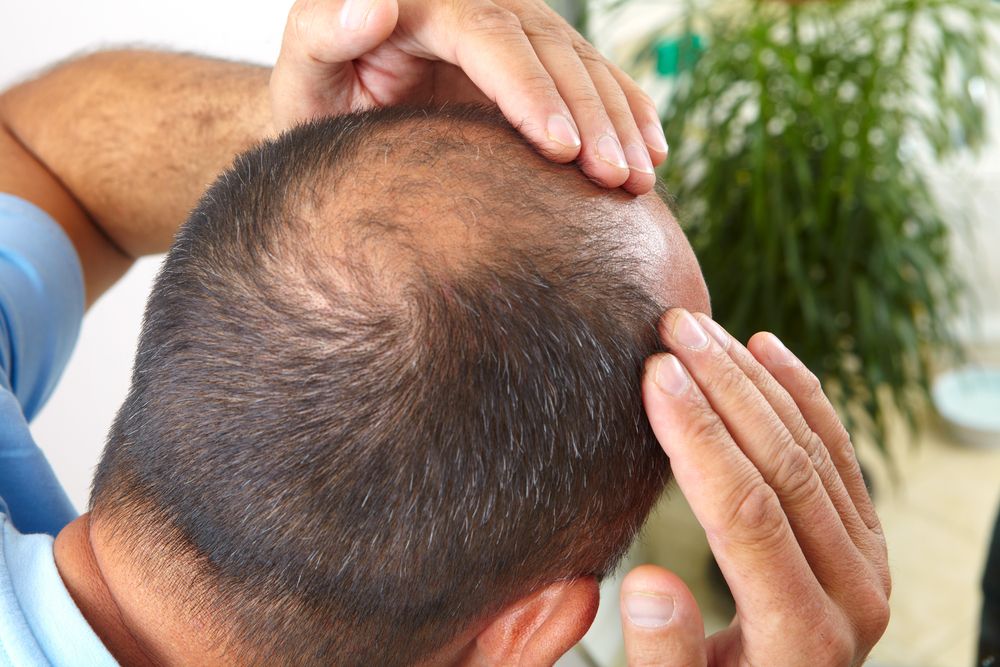
Infection And Hair Transplants Chicago Il Risks And Surgical Complications

Complications With Hair Transplantation Facial Plastic Surgery Clinics

Infected Hair Plugs Symptoms Causes Risks Treatment

How Much Does A Hair Transplant Cost Beverly Hills Hair Restoration

What Is Hair Transplant All You Need To Know About This Popular Procedure In 2022 Hair Transplant Hair Transplant Procedure Best Hair Transplant
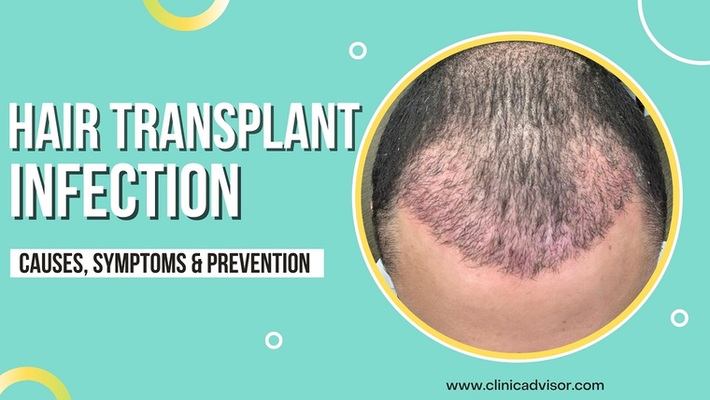
Hair Transplant Infection Causes Symptoms Prevention Treatment Clinicadvisor
Best Fue Hair Transplant Estepera

Hair Transplant Infection Tecnifue Best Hair Transplant
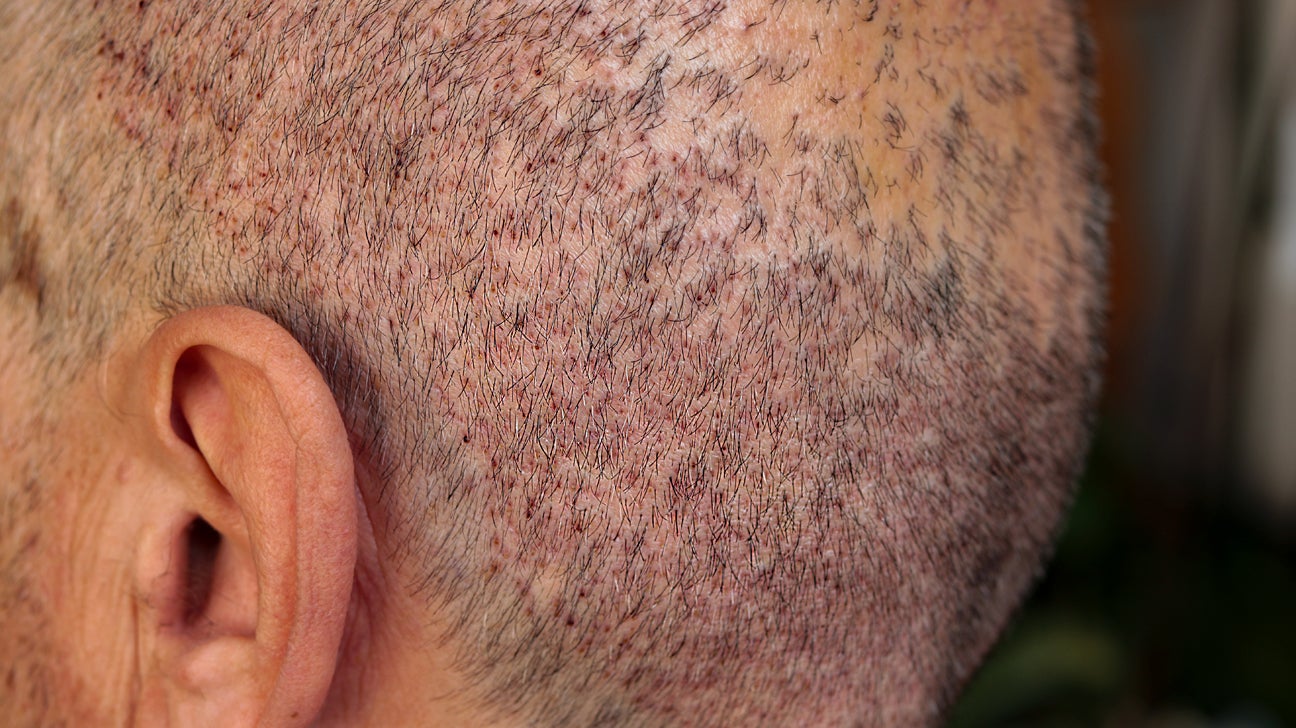
Infected Hair Transplant Symptoms Causes And Treatment
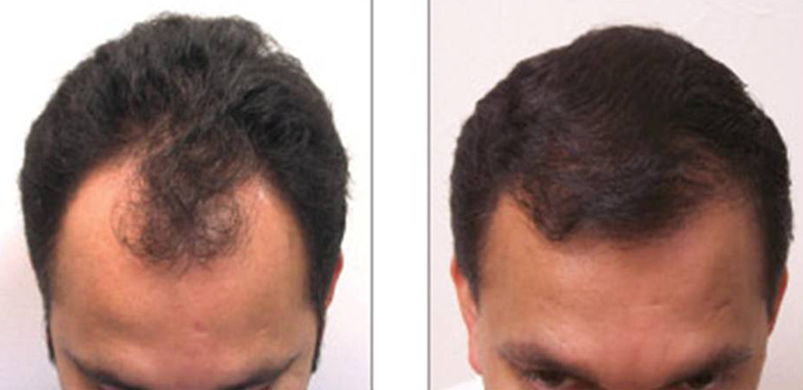
5 Things To Know About Hair Transplantation Kurtzman Plastic Surgery

Nyc Hair Transplant New York Hair Restoration Clinic For Men Women
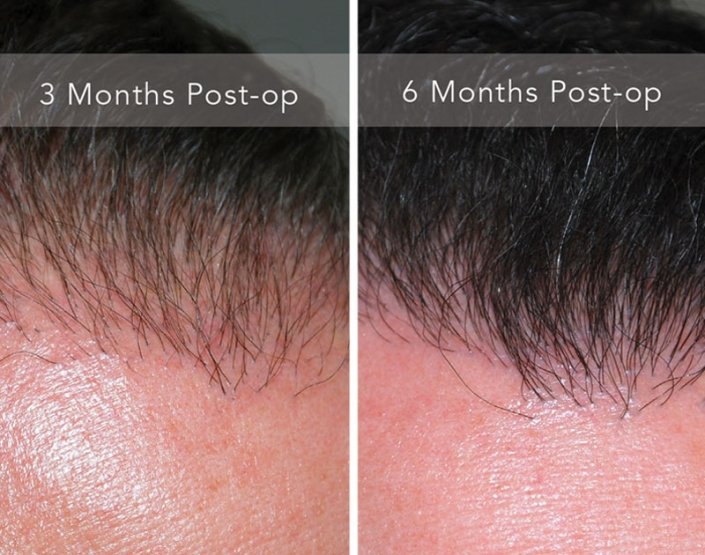
Hair Transplant Post Op Care Hair Restoration Kansas City Des Moines

Close Up Of Man S Hand Touching His Hair Free Photo Freepik Freephoto Freebackground Freepe Hair Replacement Systems Hair Transplant Unwanted Facial Hair

